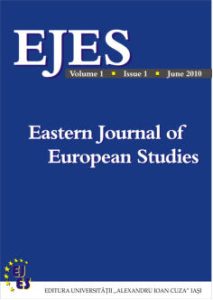Eastern Journal of European Studies |
Volume 15 | Issue 1 | June 2024 Pages: 272-297 |
The role of socioeconomic variables in the regional inequalities
of COVID-19 mortality in Hungary
Balazs Pager, Csaba G. Toth, Annamaria Uzzoli
ABSTRACT:
Hungary is one of the five countries in the World which were most affected by the pandemic in terms of registered COVID-19 mortality up to 2023. Our research aims to identify those socioeconomic variables that explain the geographical distribution of registered district-level COVID-19 mortality in Hungary. Using OLS and spatial regression, we found that the higher share of elderly people and respiratory death rate were associated with a more severe mortality burden. Educational attainment was negatively associated with COVID-19 mortality. Variables related to healthcare access were not found to be significantly associated with district-level COVID-19 mortality. Our results indicated that the spatial term of COVID-19 mortality is significant. Positive spatial autocorrelation can be observed in some less developed districts and a few inner peripheral areas where COVID-19 mortality was relatively high, and relatively developed areas like the agglomeration area of the capital in which COVID-19 mortality was low.
KEYWORDS: COVID-19, socio-spatial inequality, spatial autocorrelation, district-level, Hungary



